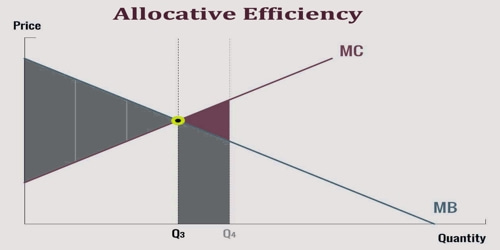A zero-hour contract is an agreement stating that a given employer is not obligated to provide a worker with any minimum number of hours. It is a type of contract between an employer and a worker, where the employer is not obliged to provide any minimum working hours, while the worker is not obliged to accept any work offered. It can be a flexible option for both employers and workers. Holiday pay and entitlement are usually calculated based on the number of hours an employee works in a given period of time. These contracts can also provide a benefit to those seeking flexible, occasional, or part-time employment. Such a contract may also stipulate that the worker is not required to accept any employment hours that are offered.
If you have a zero-hours contract:
- your employer does not have to give you any minimum working hours,
- you do not have to take any work offered.
Zero-hours contract employees will accrue leave in the same way. The employee may sign an agreement to be available for work as and when required so that no particular number of hours or times of work are specified. But because they don’t work set hours, and because they may work a different number of days each week, it’s much easier to calculate their leave based on hours. Depending on jurisdiction and conditions of employment, a zero-hour contract may differ from casual work. They are often used in agriculture, hotels and catering, education, and healthcare sectors. Zero-hours workers are entitled to statutory annual leave and the National Minimum Wage in the same way as regular workers. They are used to enable on-call scheduling. These types of contracts are particularly popular in the catering and retail industries where the required staffing levels vary at different times of the year, and on occasion at short notice. This term is used to refer to on-call shift scheduling practices, even though it is just a contract that enables it.
- For employers, zero-hours contracts mean saving money: The business is not obligated to provide many benefits that it offers full-time employees.
- For the worker, zero-hours contracts can offer greater flexibility and, ideally, life-work balance.
While the term ‘zero-hour contract’ is primarily used in the United Kingdom, casual and part-time workers are employed under similar terms in many countries. Zero-hours contracts are usually for ‘piece work’ or ‘on-call’ work, for example for interpreters.
This means:
- they are on call to work when you need them,
- you do not have to give them work,
- they do not have to do work when asked.
















